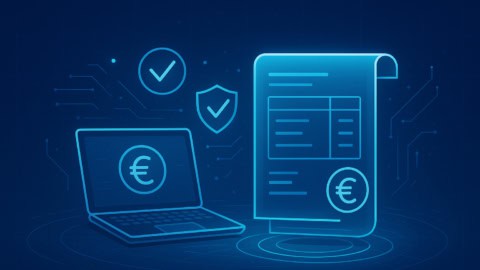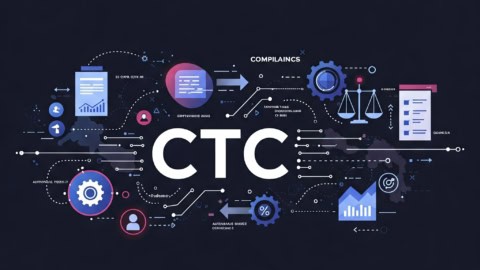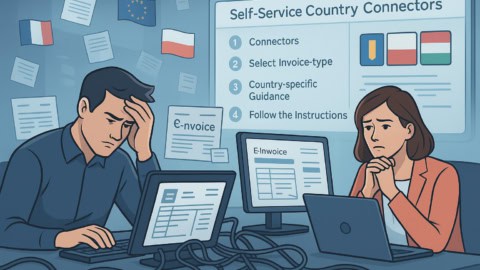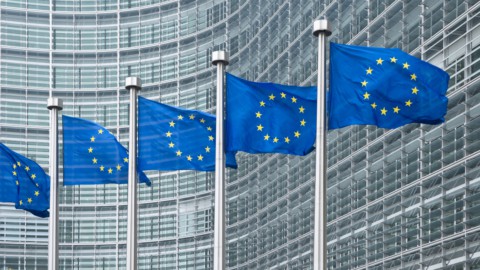What is e-invoicing and why is it important?
To better understand the importance of the Directive and what it means for the UK we should take a closer look at the definition of an e-invoice. Within the context of business-to-business (B2B) commerce and trade, the definition of an e-invoice is that it should contain data from the supplier in a format that can be integrated into the buyer’s Accounts Payable (AP) system, ERP or other backoffice system, without requiring additional data input from the buyer’s AP administrator.
Any B2B process where invoice data is exchanged, should be standardized and automated for true e-invoicing to be run efficiently. To be able to achieve this, invoice data should be structured and issued in an electronic format such as EDIFACT, ANSI X12 or XML or by using standard internet-based web forms. For clarity, unstructured invoice data issued in PDF or Microsoft Word formats, paper invoices sent via fax machines, or scanned paper invoices shared via emails are not true e-invoices.
Governments, particularly the European Union and its member states, are increasingly making e-invoicing mandatory. This addresses the complexity caused by the use of varied e-invoicing formats across countries or businesses through the introduction of a standard. All too often, using varied formats cause additional operating costs and overhead for businesses, public contracting bodies and contracting entities, which can be overcome with a single standard. E-invoicing also makes auditing and tax compliance more accurate and efficient by linking directly with a company’s ERP system.
More about the Directive in the European Union and the consequences for the UK
As of May 2019, the UK implemented The EU Directive on e-invoicing in public procurement through The Public Procurement (Electronic Invoices etc.) Regulations 2019. This is an interesting decision in time where the UK is in the process of leaving the European Union and Article 7 of Directive 2014/55 on electronic invoicing in public procurement states that:
“Member States shall ensure that contracting authorities and contracting entities receive and process electronic invoices which comply with the European standard on electronic invoicing whose reference has been published pursuant to Article 3(2) and with any of the syntaxes on the list published pursuant to Article 3(2).”
According to the Directive: “The Regulations require contracting authorities and entities to include in their contracts an express term which obliges them to accept and process undisputed invoices that comply with the technical e-invoicing standard. “
The requirements apply to central government bodies with immediate effect, while local government and utilities have until 18 April 2020 to comply “but may voluntarily do so earlier”, stated the PPN.
Questions about e-invoicing in the UK?
Do you still have questions in regard to e-invoicing in the UK? Contact us – we are happy to help!
Are you aware of our free XML/Peppol document validator?
To help those in need of a simple and easy way to validate formats and file types, from CII (Cross-Industry Invoice) to UBL, we’ve created a free online validator.














